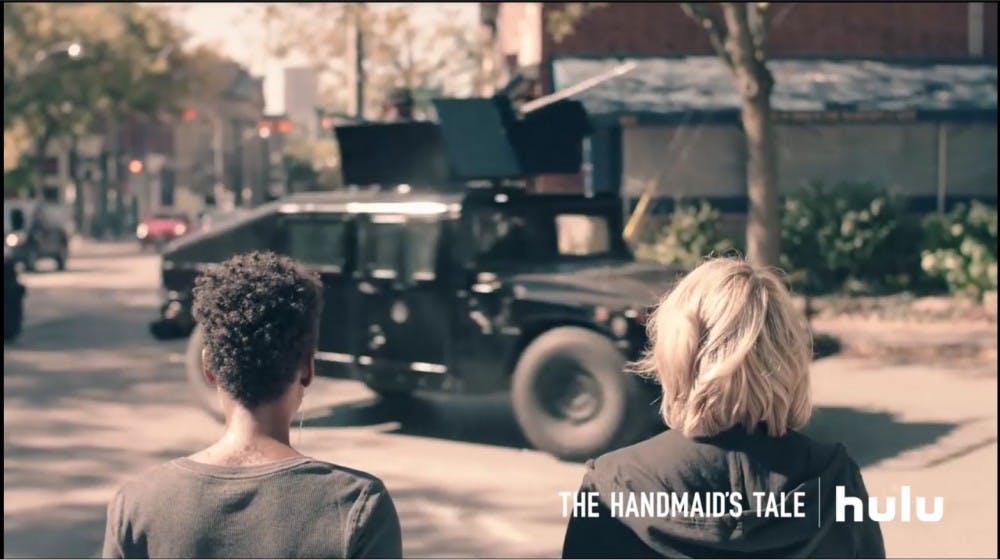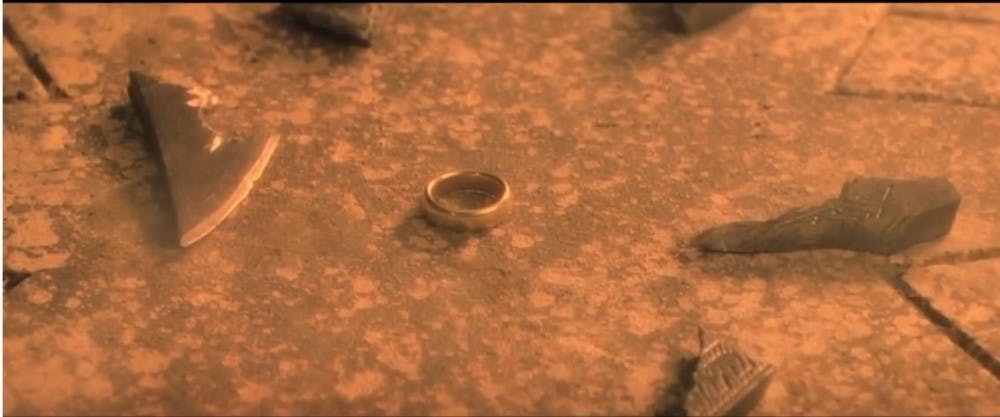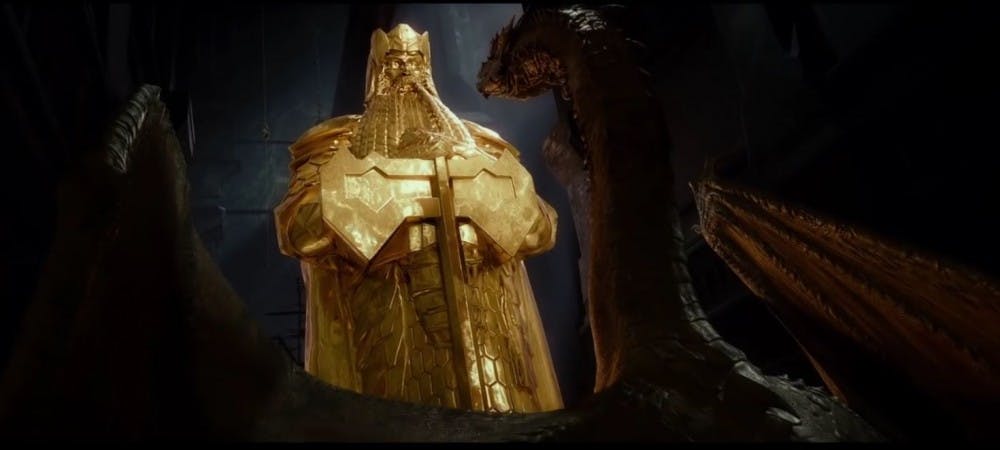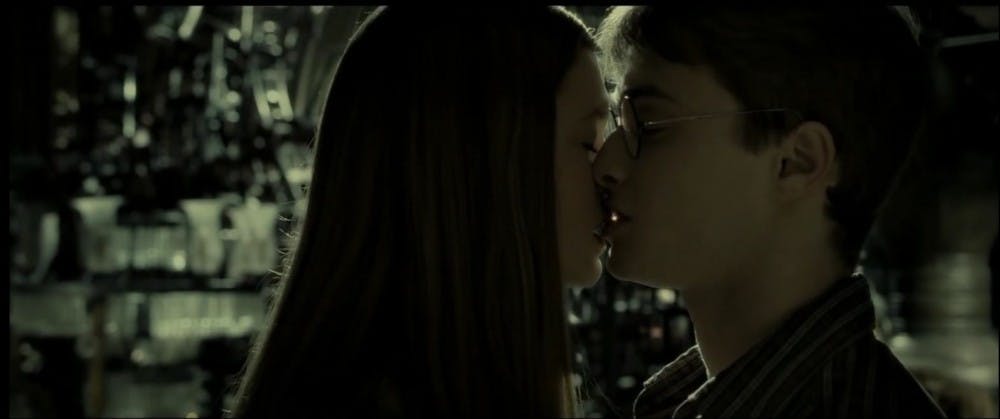Let's talk about "Harry Potter." As a long-time Potterhead, I firmly believe that the books are better — as is the case with most book-to-screen adaptations. In no aspect of the story is this so true as the character of Ginny Weasley.
In the books, the youngest and only girl of seven siblings, Ginny manages to stand out even though she is still largely on the sidelines. Harry Potter has to save her in the second book, but she uses her trauma to become stronger and eventually connect with Harry in a way that other characters can't. Particularly in the later books, her brothers have to confront both her talent with hexes and her lively romantic life. In the movies, she's at best a tertiary character, despite being the main character's primary love interest. She's by no means a damsel in distress on screen, which would be entirely contrary to her character in the book, but her lines are minimal and much of her fiery personality is removed.
"Movie Ginny" is rather notoriously watered-down, and the scene that demonstrates this best is her first kiss with Harry. Keep in mind that Ginny has had a lingering crush on Harry since meeting him, so the kiss is a long time coming. In the movie, she hides something for him, telling him to close his eyes, and then reappears on screen to plant a single, soft kiss on his lips. Then she whispers, "That can stay hidden up here too if you like."
In the book, however, Ginny's first kiss with Harry is daring and powerful, like "book Ginny" herself. After a Quidditch win, in which Ginny played Harry's usual position as Seeker, he arrives back at the common room where everyone is celebrating. In front of everyone in Gryffindor House, she kisses him — and not a meek little peck, but a full-on passionate smooch.
The question becomes: How much right do producers and directors of film adaptations have to change the original story? Beyond that, what do loyal fans of the "Harry Potter" books make of disparities between their beloved novels and the movies?
For me, it depends on the situation, like how much involvement the author has or what exactly is changing. "Harry Potter" isn't the best example of a faithful adaptation — one that captures the spirit while also streamlining the story for screen. But there are some truly fantastic and honest adaptations:
The Handmaid's Tale

I read Margaret Atwood's 1985 novel for a class just a few months before Hulu released its series adaptation. The narrator is Offred, a handmaid in an oppressive, theistic regime that has taken over much of the United States. Since we only get Offred's perspective in the novel, the horror of her situation — being basically a reproductive unit, not a person — is subtle and contemplative. Her fire burns in embers rather than raging flames. In Hulu's adaptation, however, we learn much more about what happened before the government takeover and Offred confirms her first name, which is only hinted at in the novel. Additionally, we learn the fates of other characters, such as Offred's husband and another handmaid, Ofglen, in detail that Offred had no access to in the book.
In short, the series stays true to the spirit of Atwood's original story. The benefit of the series is that it reveals information in a different order that still lends itself to the suspense and gradually growing shock of a dystopian story.
The Lord of the Rings
But not the more recent film adaptations of "The Hobbit."

J.R.R. Tolkien's books are iconic, a milestone of high fantasy world-building. And they're notoriously difficult to get through because of their winding story lines and extensive cast of characters who follow different paths. There are characters that are significant to the books who don't appear in the movies at all — and for "The Lord of the Rings," this works.
The movies tell a very specific story: the mission to destroy the one ring. The subplots are those essential to telling that story as it relates to reclaiming Middle Earth. With each of the movies clocking in at around 3 hours already, trying to include more information would have been impractical. Only die-hard fans of the books who want to spend innumerable hours in front of the TV would appreciate a comprehensive adaption of Tolkien's saga.

In contrast, the 2012-2014 trilogy adaptation of Tolkien's "The Hobbit" takes the opposite approach and includes everything from the novel and then some. The book is much shorter and easier to take in than "The Lord of the Rings," but the creators managed to get nearly as much screen time out of it. But at least fans got to spend a little more time in Tolkien's world.
So how much liberty should screen adaptations take with the source material? Check out our poll on Twitter and our website to let us know what you think. If you have a favorite or most hated adaptation, let us know and why.

